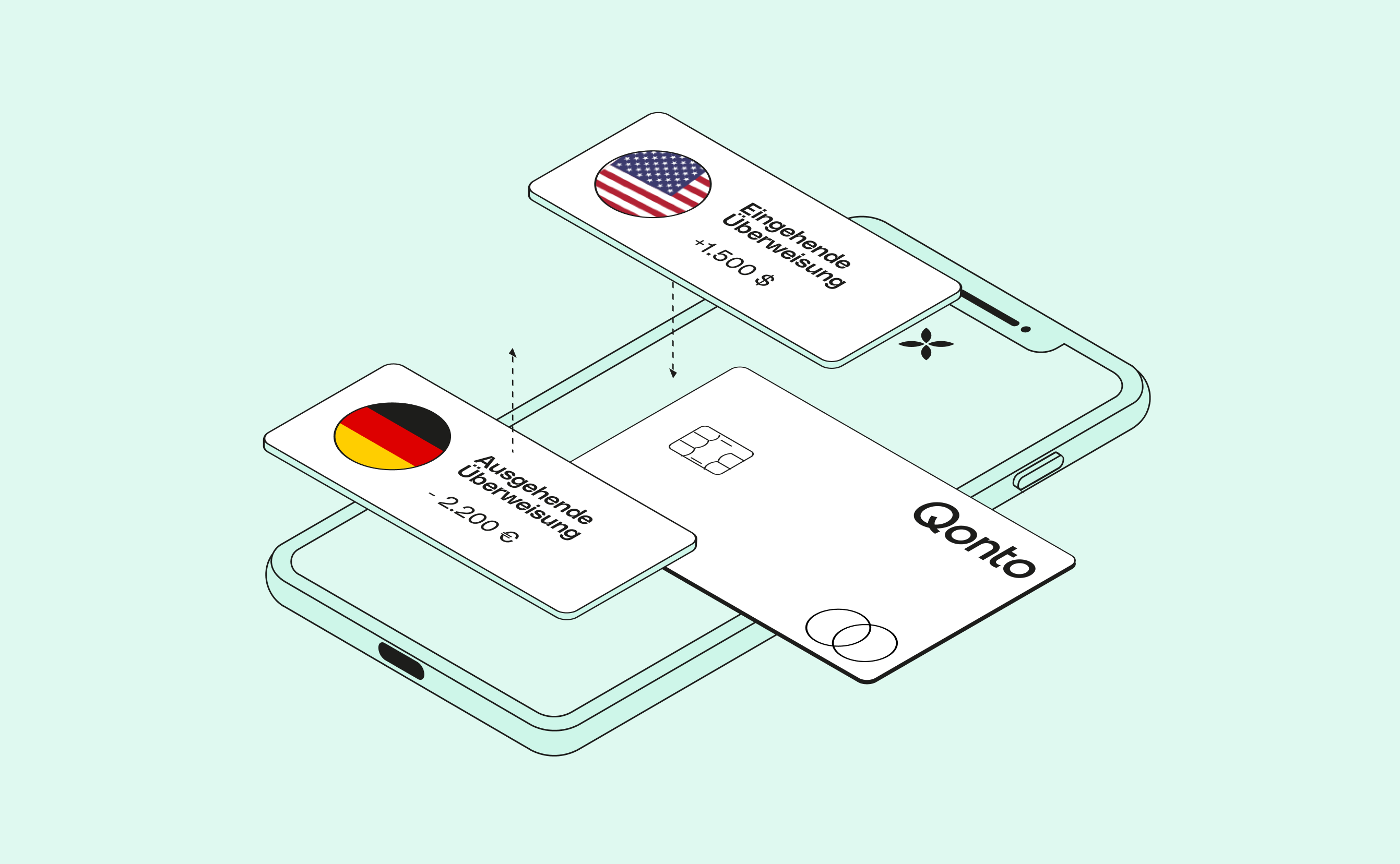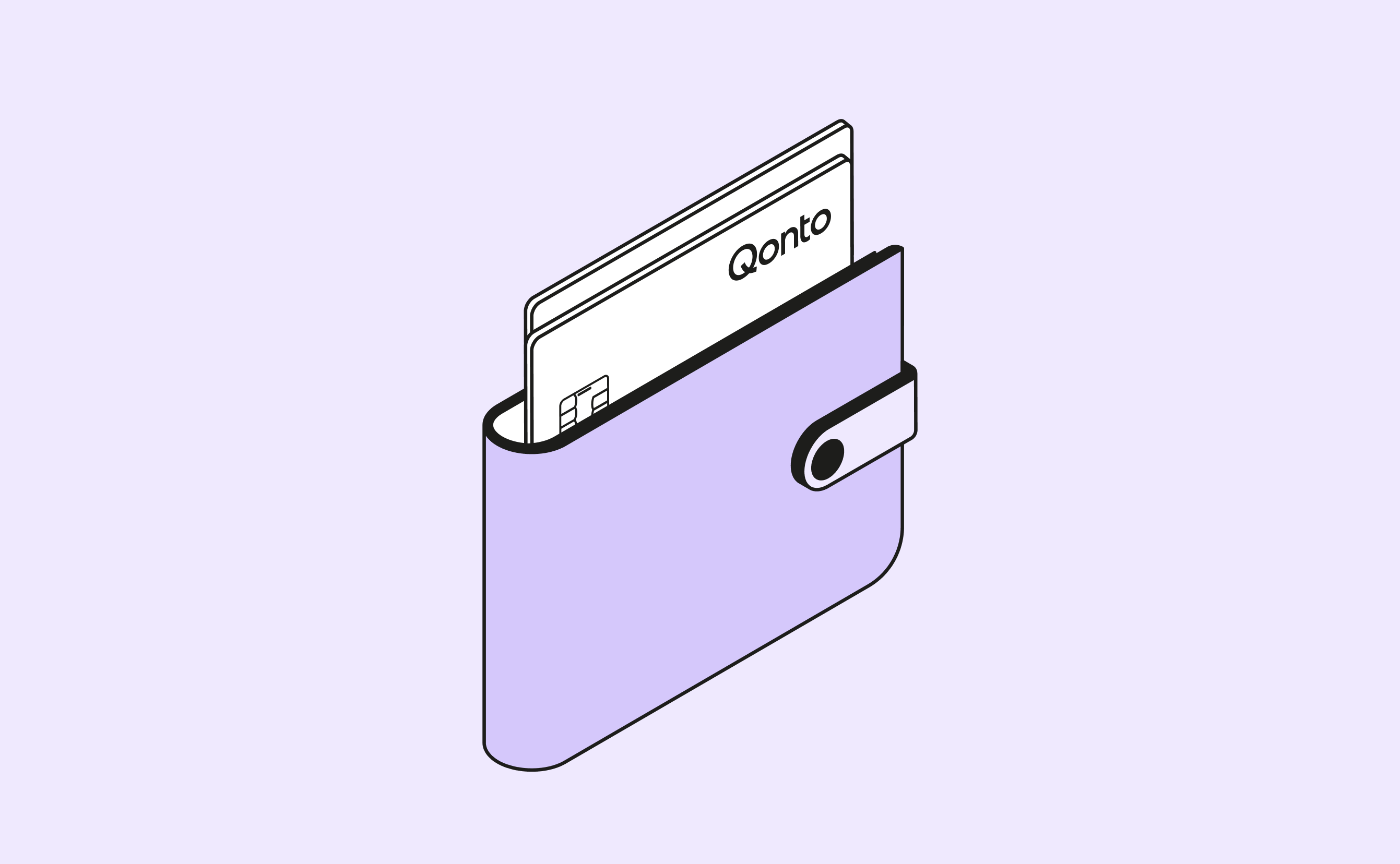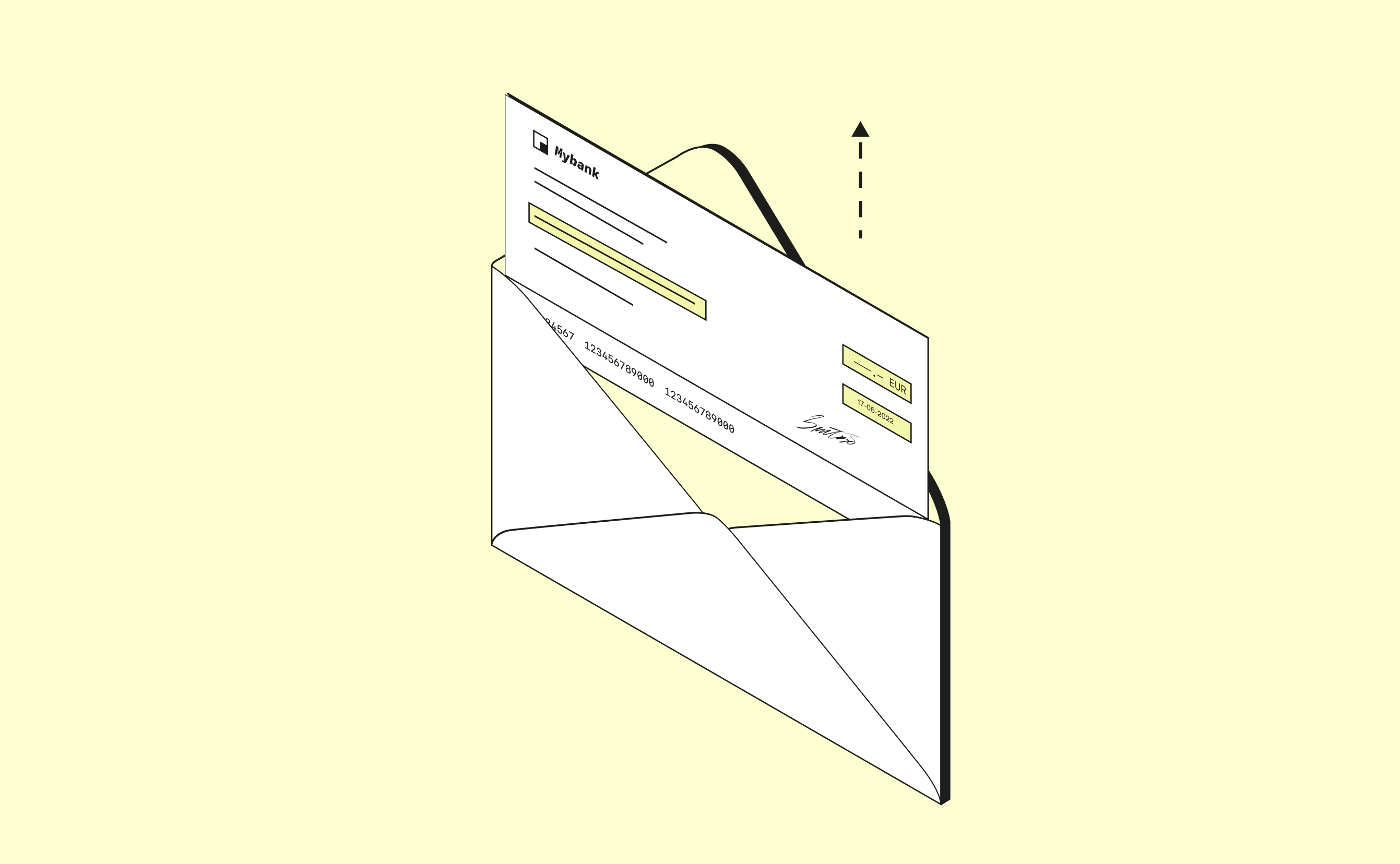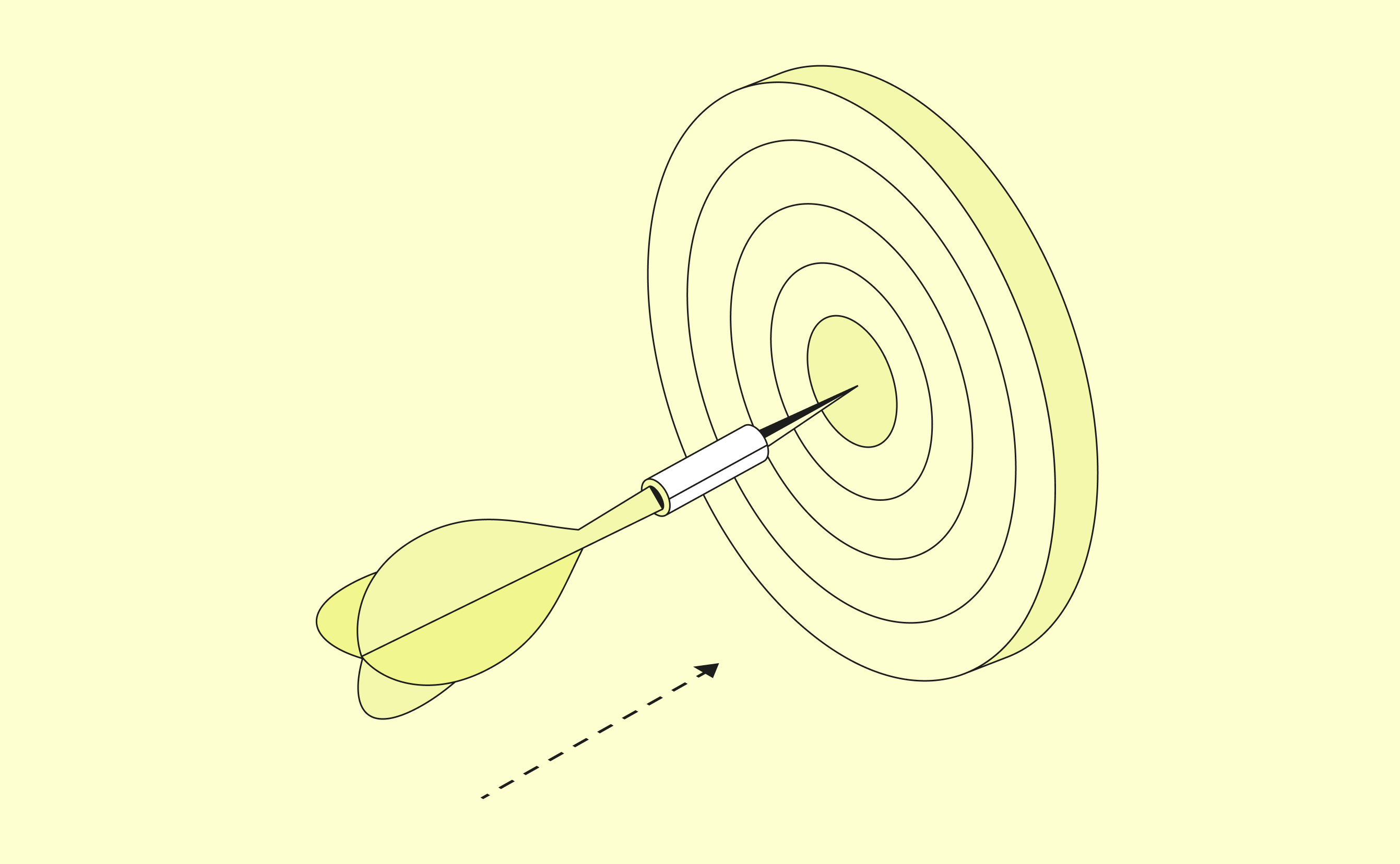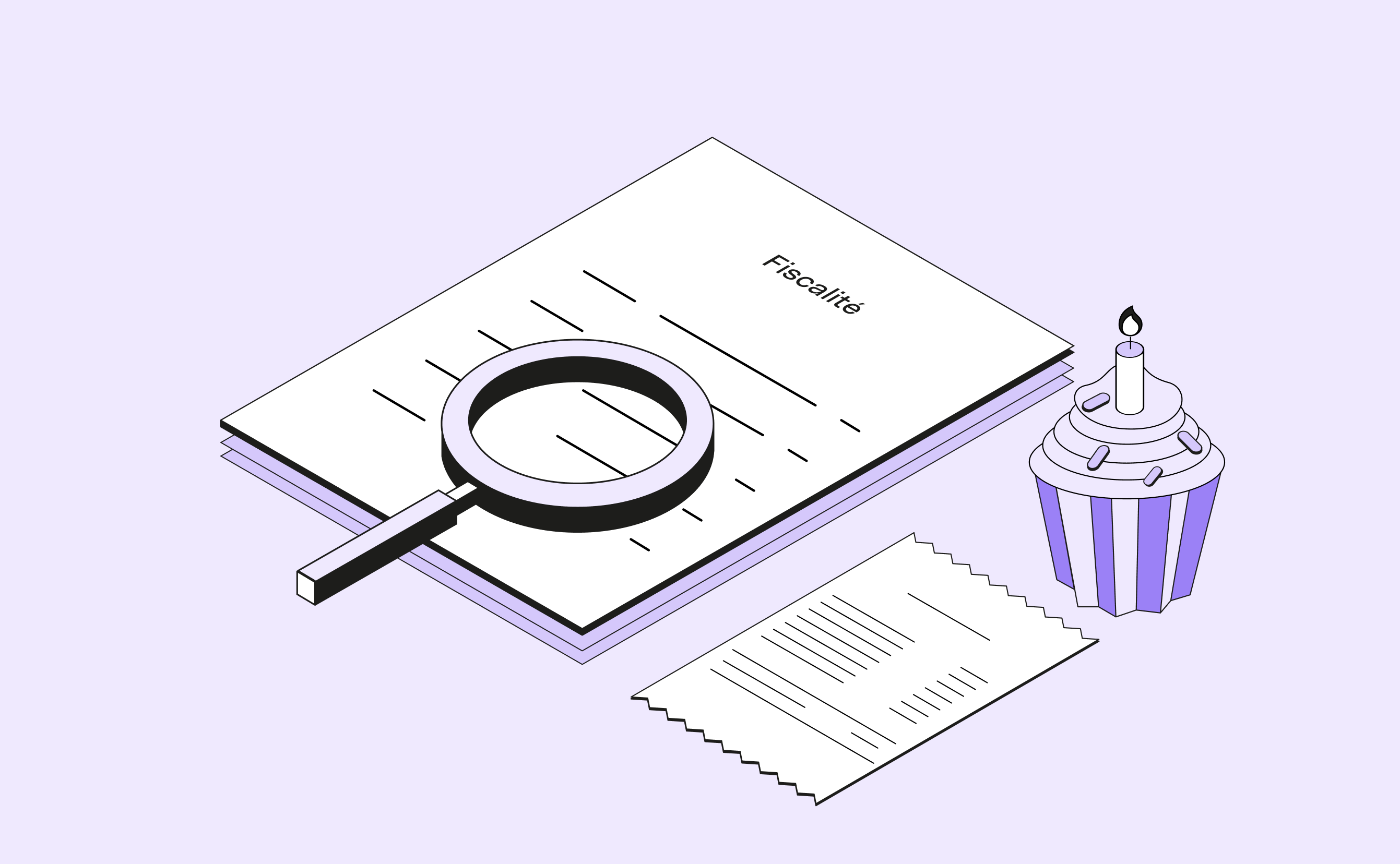Credit cards have seen a recent spike in popularity in Germany: at the end of 2020, 40 million cards were issued. Customers prefer credit cards for their payment versatility and short-term loan options, but it’s worth going into more detail about the advantages and disadvantages of the powerful little card you might be considering to apply for.
Applying for a credit card: advantages and disadvantages
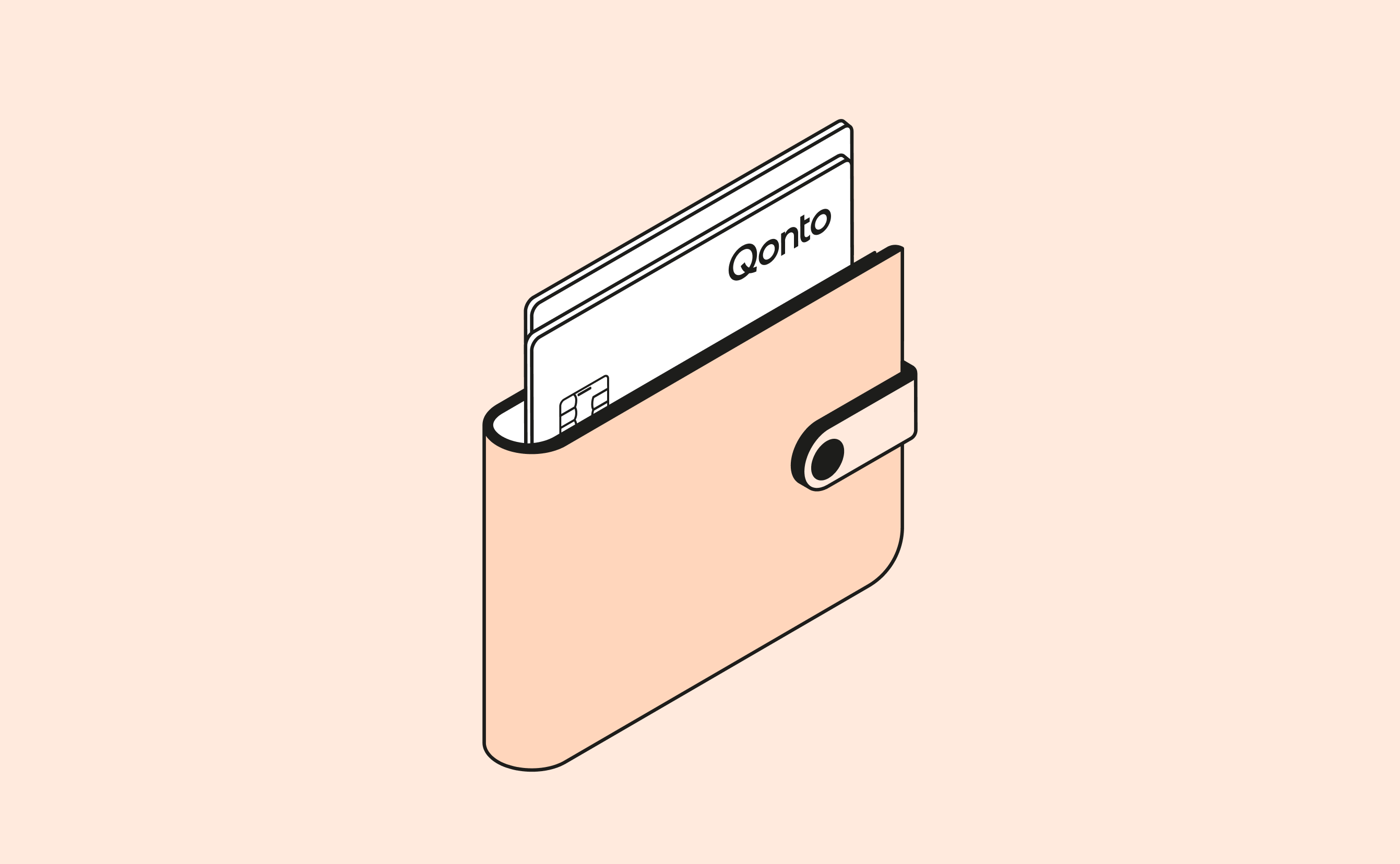
Rising popularity of the credit card in Germany
2019 saw close to 1.6 billion recorded transactions in Germany. Visa’s share was the largest with 17.85 million cards issued, followed by Eurocard/Mastercard at 17.61 million. Online trade has boosted the demand for credit cards, as well. Statista, Germany’s statistics portal for market and opinion research institutes, reported that credit cards are the second most popular payment method for online transactions, sitting at around 28%.

Different types of credit cards
There are four different types of credit cards. Each type can be used for both online and cashless transactions—the differences stem from certain conditions and billing styles.
Charge credit cards
This is the most common credit card type in Germany. To obtain one, the credit card company will require from you a SCHUFAreport, which will determine your creditworthiness and whether you will be approved for a credit card (among many other things in Germany). The score of your report will determine the limit on your card. Your account on your charge credit card will be settled once a month and to avoid incurring any additional costs, the account must be balanced perfectly. This balance is usually settled automatically via a reference account.
Revolving credit cards
The billing process is what separates revolving from charging credit cards. With the revolving card, you have the option to choose to pay the credit card company in instalments on a fixed payment term to repay your credit amount. Any remaining amount is extended, with a high interest rate. You cannot pay by instalment with a charge credit card.
Prepaid credit cards
With a prepaid credit card, you are not granted any credit but must instead load the card with a balance of your choosing. There is no risk of credit card debt with this option because the credit card company makes no advance payments. You also won’t need to provide a Schufa report or credit check to obtain one. Making transactions however, the prepaid card works just the same as the charge and revolving ones.
Virtual credit cards
Commonly issued by neobanks and fintechs, the virtual credit card is mostly used for online transactions, however things are changing. Since the virtual card is stored on your phone, you can use it to pay at the supermarket or anywhere else that accepts credit card transactions.
Debit cards
Signing up for an online business account with Qonto, you will receive a Qonto debit card. A debit card is indeed issued by a credit card company, however it functions quite differently. Each transaction made with the debit card is deducted from your business account, or whichever account the debit card is linked to. With a debit card you are spending your own money, so you will not be in debt to credit card companies or required to end each month with a perfectly balanced account. The debit card can be used for transactions and ATM withdrawals the same as the credit card can.
You need a business account that grows with you? Qonto offers flexible account models.
Credit card advantages
Credit and debit cards are replacing cash and giro cards because they are versatile: use it to pay for dinner in a fancy restaurant, enjoy your weekend trip away with it, indulge in some retail therapy or just cover the week’s groceries—and do it all in person or online.
Short-term credit
Each of the credit card options—excluding the prepaid card—will grant you short-term credit. Every transaction you make is then collected at the end of the month and paid into a reference account. This feature allows you liquidity for larger purchases or emergency situations, whereas with cash, once you spend it—it’s gone. Girocard payments, by contrast, are debited from your account after a couple of days.
No ties to specific banks
Another dissimilarity from the Girocard is that your credit card is not linked to any of your accounts. You can also apply for a credit card independent of your bank, because the money you pay goes to the credit card company, not your bank. These are the two ways you can pay your credit card bill:
- Balance it yourself on a date you choose
- Request that the credit card company debit the amount from one of your accounts
Withdraw cash free of charge
A credit card allows you free cash withdrawals from ATMs in Germany. Fees may be applied by certain card providers, but generally the rule of free cash withdrawal should apply for ATMs belonging to all banks across the globe.
Worldwide acceptance
Fees charged to businesses for credit card transactions are dropping. This means more merchants are able to accept credit cards and won’t lose out on the fees. Some shops may only accept certain credit cards however. Despite the rise in acceptance however, not every shop will be equipped with a payment device. Germany’s EC card can be used to withdraw cash across Europe, but you’re likely to only find merchants accepting it for transactions in Germany. Be wary of the fees charged for cash withdrawals with the EC card when using it outside Germany, too. They can be quite high. Maestro and V-Pay cards on the other hand are more widely accepted in the EU.
Travel comfortably
Without a credit card, some travel luxuries and necessities will come with higher fees. Hotels, flight companies and car rental companies will often ask you to deposit your credit card as collateral. Without one, you are viewed as a higher liability.
Use additional services
Using a credit card will often reward you with services like travel cancellation, foreign health insurance,credit interest, bonus air travel miles, and cashback systems.
Secure payment
Credit card payments are both convenient and secure. Each payment transaction is protected by your PIN, and you can provide a signature as an alternative or extra verification.
Flexible mobile Payment
For credit card mobile payments, simply deposit the card into a digital wallet on your phone. This way, the card is protected from loss—if your phone is stolen, the card is protected by whichever security measure you use to access your device. Mobile payment also works with girocards if the card has an NFC chip. However small payments are often not permitted with this.
Better hygiene
It’s worth noting that, particularly during a pandemic, contactless payments are more hygienic than using a physical card and much more than paying with cash.
Credit card disadvantages
In the interest of balance, let’s now go over some of the disadvantages of using a credit card. Making the right decision is always about weighing up both sides and applying them to your situation.
Additional costs
Credit cards are available free of charge. You will incur monthly or annual costs if you want the kinds of additional services detailed above. You will also of course be paying back the short term loans to the credit card company and, if using a revolving credit card, potentially paying high interest rates on the instalment plan.
Fees abroad
Make sure to find out what kind of additional charges—if any—you will be charged when going abroad. Your card’s company may charge you more for withdrawals or payments in foreign currencies.
The debt trap
Don’t lose track of your spending or your overdraw limit. You will incur high interest and be billed for it at the end of the month. Not only will you be paying a lot of money for this, but you will damage your credit rating. This can cause all kinds of problems in the future.
Partially limited use
You can pay with your credit card in many places all around the world—but not everywhere. Certain shops and merchants in Germany do not accept electronic payments (Spätis, for example) and if you find yourself somewhere without an internet connection, your card will be useless. Keep this in mind particularly when travelling: what is the available technology in the area you’re travelling to? How do you need to prepare?
Risk of data theft
Cyber criminals want your credit card data, and the interest is a dangerous place. Immediately block your card if you suspect someone has stolen your data.
Data collection
When you make a transaction online with your credit card, know that you are leaving behind personal data accessible both online and offline. This data can and is often used to draw conclusions about your location and shopping habits.
Enjoying credit card usage
There are risks involved with credit cards. This is important to be aware of before you decide to apply for one. Using your card responsibly and educating yourself on any potential fees or cost incursions is one way to help ensure your credit card doesn’t endanger you financially. Set yourself a monthly limit on spending if you think you need it. Always look into the potential higher costs of travelling overseas and using your credit card. It’s equally important to protect your data and remain vigilant online. Cyber crime is only one aspect of the risks online—you also need to be checking what companies are doing with your personal data and to whom it is being given, in case of data misuse by third parties. Make sure you know exactly how to block your card immediately in the event of suspicious activity.
- Credit card positives: use it all over the world and apply easily for short term loans
- Disadvantages: risk losing track of spending and incur additional costs
- Bottom line: used responsibly, a credit card’s positive features will outweigh its negative ones
Was this guide helpful?
100% found this guide helpful
